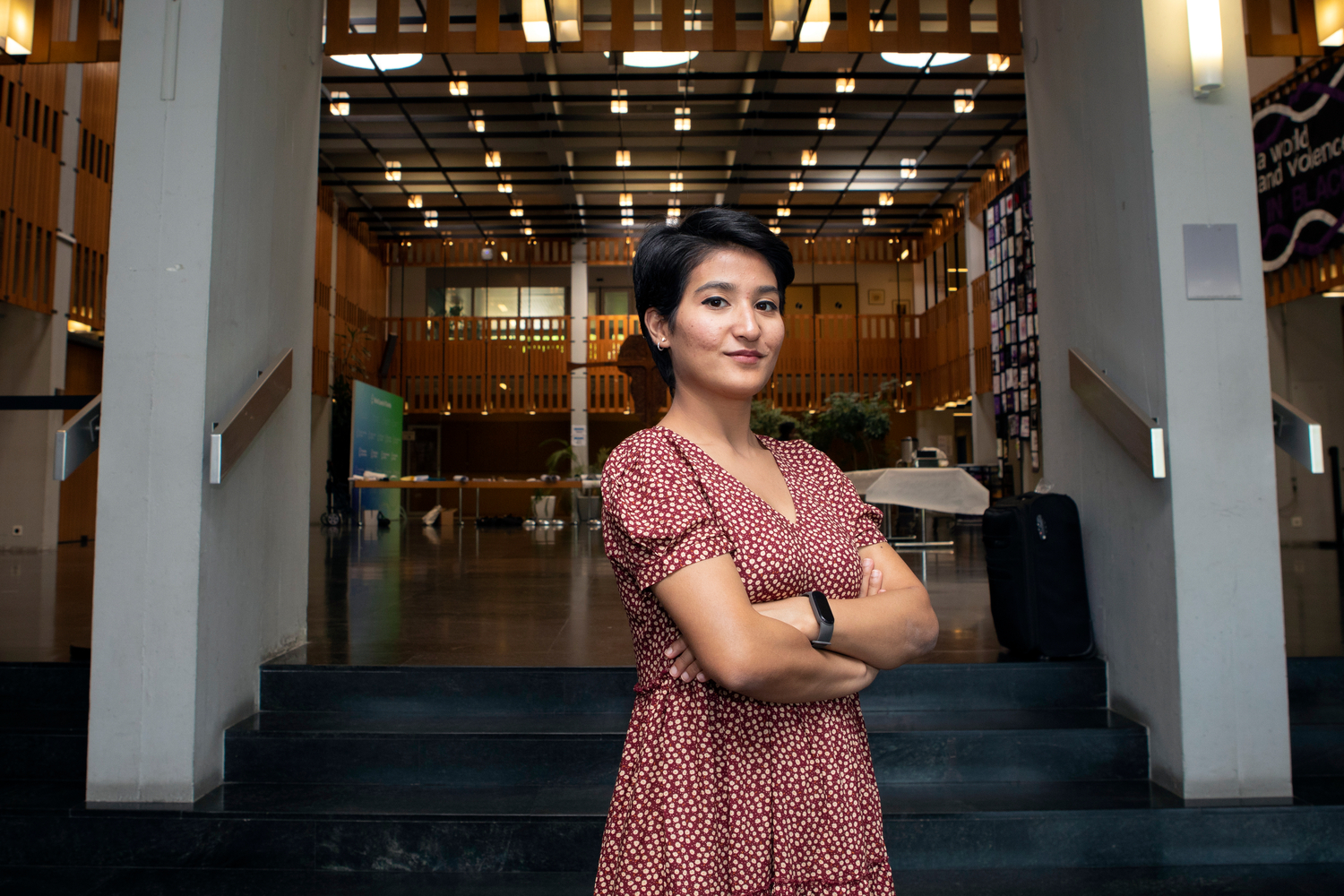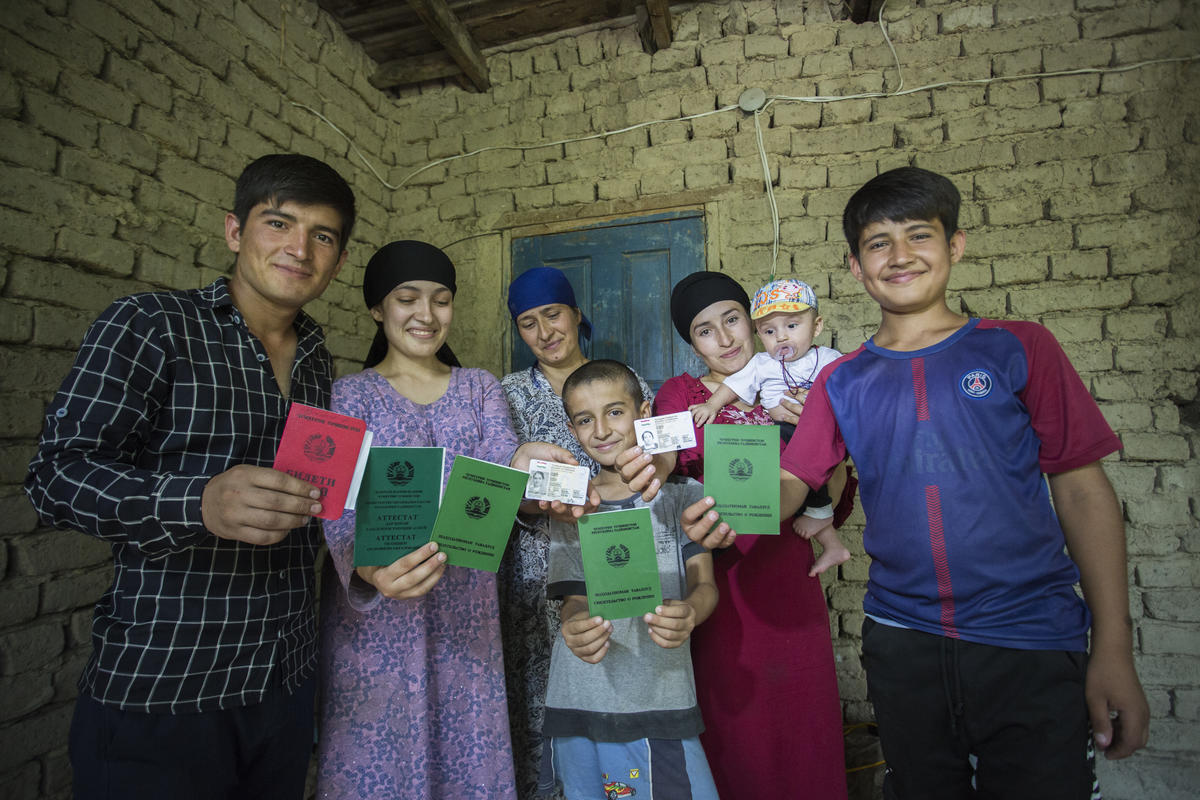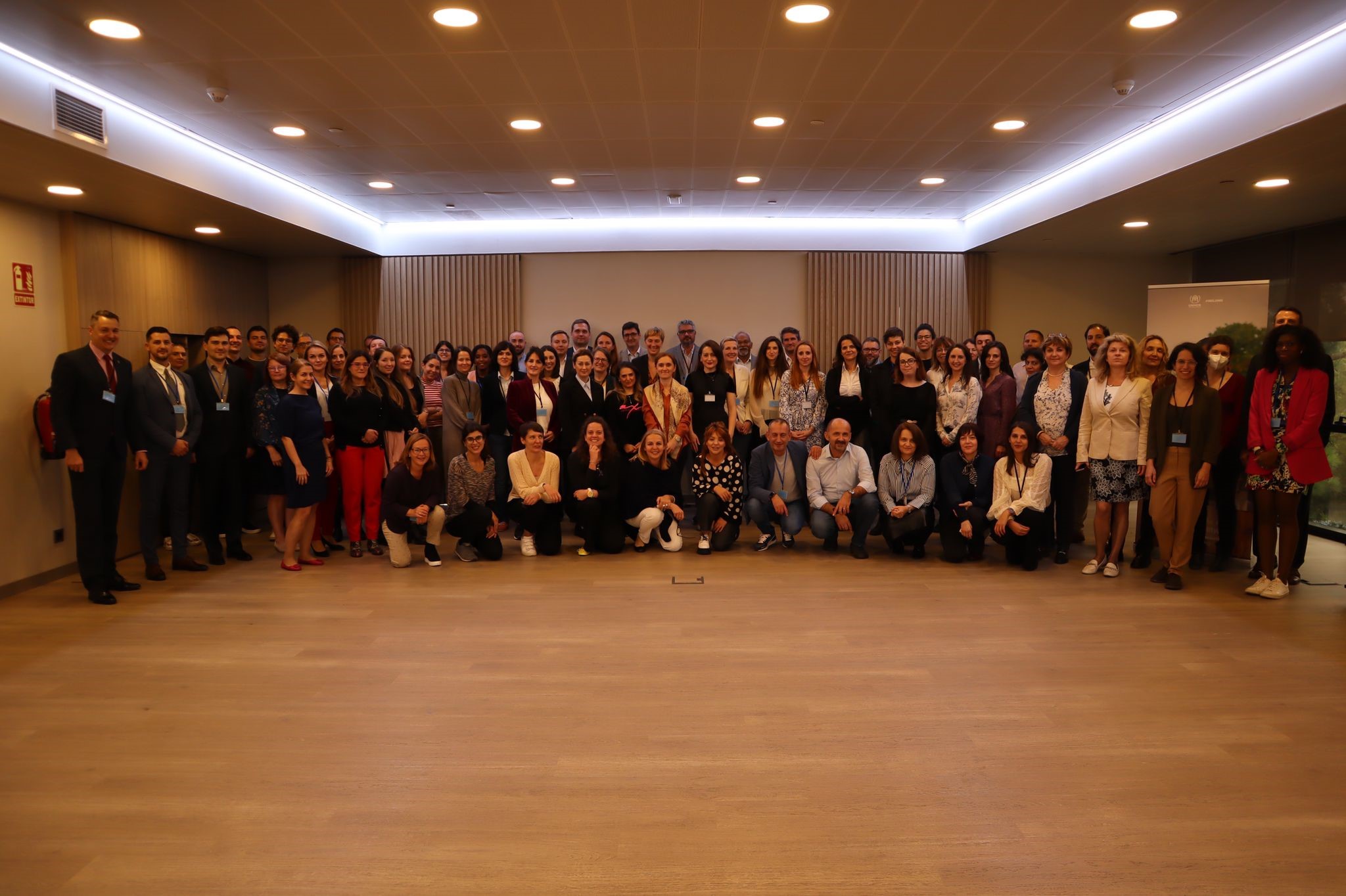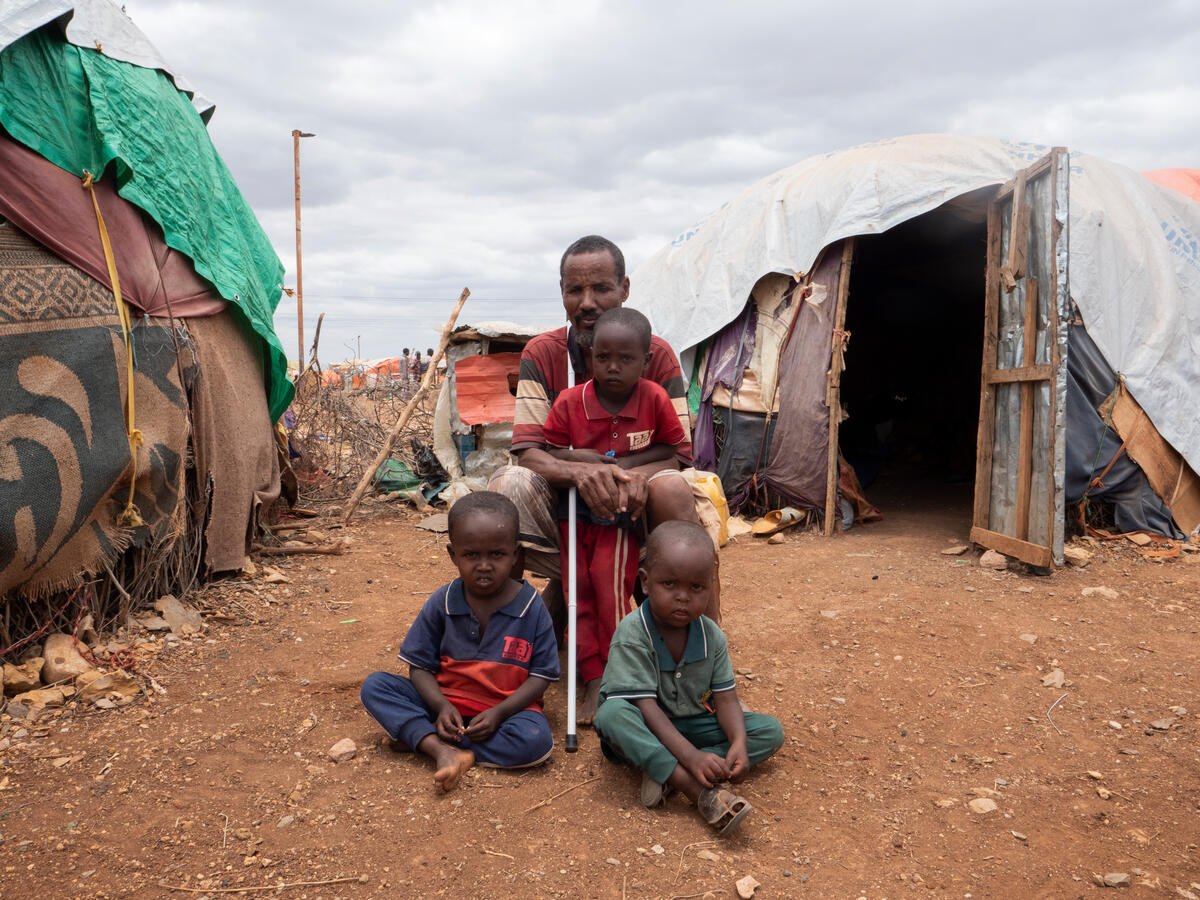Cattle herders face a life in limbo in Côte d'Ivoire
In the heat of the afternoon an old woman leans forward in the darkened room.
“People think of me as a foreigner here. It’s not good at all, but what can you do?”
Aminata Sidibé calculates her age by the year of her marriage and Côte d’Ivoire’s independence. Both took place in 1960. She thinks she was 15 then, which would make her 74 now. She might be older.
She may not know her exact age but she does know that, as she puts it, “I was born here, I was married here, I had my children here, and I have grand-children and even great grand-children here.”
“People think of me as a foreigner here. It’s not good at all, but what can you do?”
Aminata Sidibé and her family are Fulas, an ethnic group of herders spread over a dozen countries in Africa. Although she is the matriarch of an extended family of 45 with roots in Côte d’Ivoire reaching back generations, in the eyes of the country she lives in, she, and all her family, are foreigners.
Her family’s problem is that Côte d’Ivoire only confers citizenship by bloodline – at least one parent has to be Ivorian. It is not enough to have been born here. Officially, Aminata, and the rest of her family, are ‘Burkinabé’, descendants of people from neighbouring Burkina Faso, a distinction that places them at risk of statelessness. This results from the fact that, after many generations away, Burkina Faso may not recognize them as citizens.
“We have no position here,” says Animata’s son, Seydou Tall, 56, who was born in Côte d’Ivoire and has a birth certificate. He owns a large herd of cattle. “I don’t want a consular card saying I’m from Burkina Faso. I’m not. I want to have the nationality of my country.”
Worldwide, there are millions of people without nationality. They face a lifetime of inequities and impediments blocking access to basic rights such as education, healthcare, employment and free movement.
In Côte d’Ivoire, the numbers of people like the Fula without documents and at risk of statelessness are worrying. Cote d’Ivoire assessed their stateless population at nearly 700,000 at the end of 2017. But a thorough mapping effort currently underway is expected to yield a more accurate and much higher number of people who are either stateless, or at risk of statelessness.
Seydou says that, with Ivorian nationality, family members could find good jobs. Without nationality certificates, they cannot apply for formal jobs, open bank accounts or get a driving license.
They are pastoralists and raise cattle, without the right to buy property. The family's right to their land depends on a private agreement with the old owner which gives them no legal rights.
For the family, the path to citizenship is a long one. Monique Saraka, general secretary of the Ivorian Association of Women Jurists, visited the small town to give advice to the family on their status.
“Many of the Fula people have no formal education, and they fear approaching the authorities,” she says. “Most don’t even have birth certificates.”
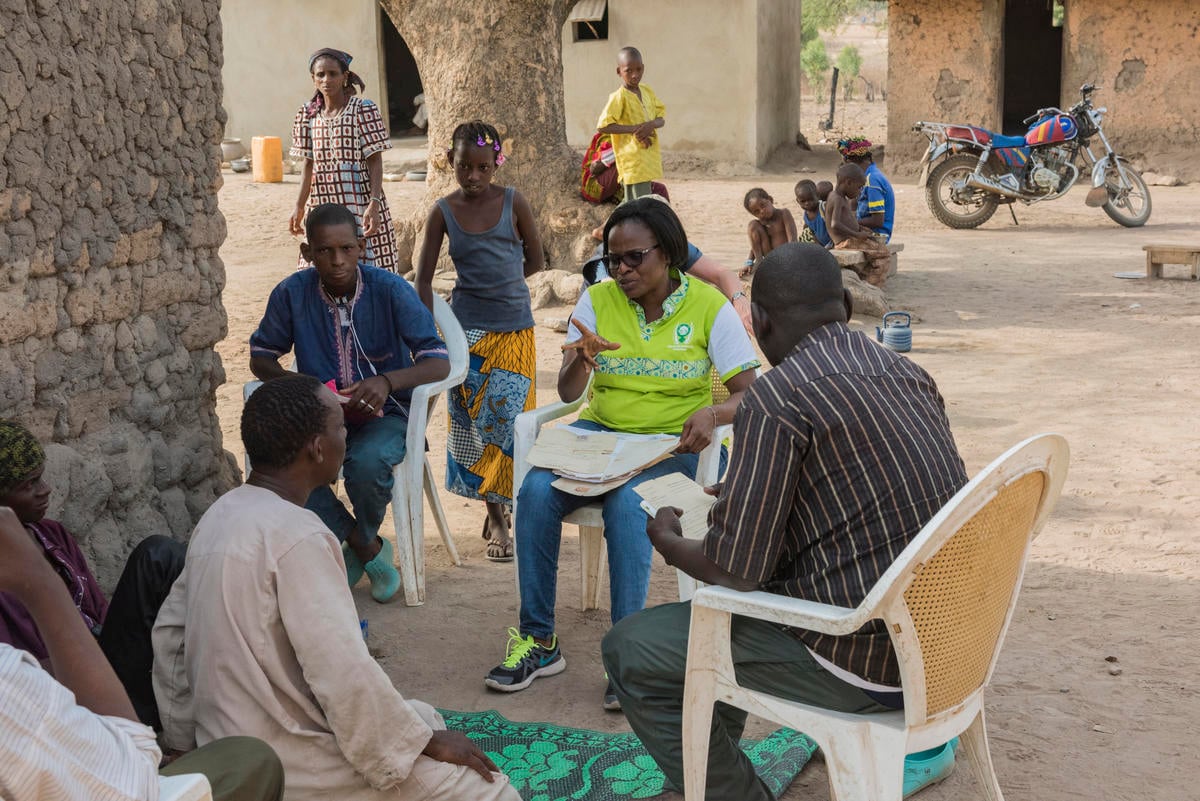
Saraka says that, unfortunately, their path to nationality is narrow; they would have to apply for naturalization.
“It’s a long, slow process,” she says. “People who apply can wait 10 years, or even longer. On top of that, there is the cost. So people, particularly in rural areas, look at all that and get discouraged. They don’t bother.”
Her association, with backing from UNHCR, has been campaigning since 2015 for changes to the system. The first goal is to make getting basic documents, like birth certificates, easier. The government is about to bring into force a law making the process free for one year.
Easing the obstacles to obtaining Ivorian nationality will take a much longer campaign. A temporary Ivorian law making naturalization easier expired in 2016.
“We’re hoping to have this law re-introduced and added to the nationality law. These people have been here for four generations,” Saraka says. “It’s hard to imagine them having another nationality than Ivorian.”
"These people have been here for four generations ... It’s hard to imagine them having another nationality than Ivorian.”
The good news is that, with the exception of Aminata who lost her papers after her husband died, all the generations of her family have birth certificates. While their quest for citizenship remains ongoing, the younger children are at least able to attend school, and imagine a future with the benefits nationality would bring.
“I like history, I like learning about the past,” says 15-year-old Boukary, who has been going to school for five years. “I would like to be a policeman. I want to talk to people and separate the good ones from the bad.”:
- See also from Bangladesh: "In all my life, I’ve not known even five minutes of peace’
Adiba and Aisha are 13 and 12 respectively, and both say they want to be teachers. However, without nationality papers, they cannot continue beyond secondary school.
In her room, Aminata, the matriarch, seems resigned to her current status but hopeful.
“I leave the decisions about papers to my sons,” she says. “People can say what they want, I’ve never been threatened. Even if they say I’m a foreigner, I pardon them. It’s God’s will.”






